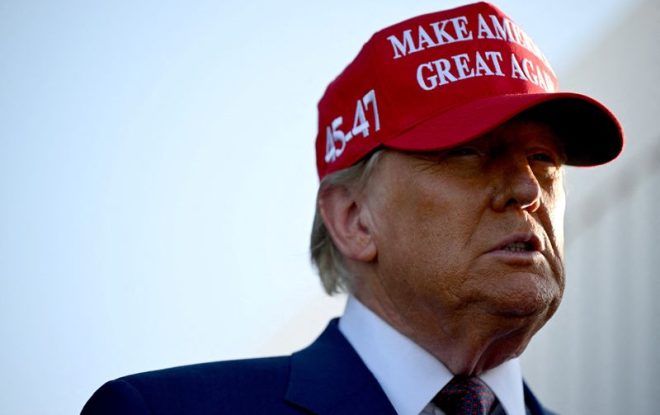Ford boss ‘doesn’t want to give up’ Chinese electric car
The boss of American car giant Ford has admitted he “doesn’t want to give up” an electric vehicle (EV) made by one of his Chinese rivals after driving it for six months.
Jim Farley, who has been Ford’s chief executive since 2000, said he had arranged for his own Xiaomi SU7 to be shipped back from Shanghai to Chicago after trips to China.
In an interview with the Electrify Everything Show, presented by former Red Dwarf actor Robert Llewellyn, Mr Farley said: “Everyone’s talking about the Apple car, but the Xiaomi car – which now exists, and it’s fantastic – they sell 10,000, 20,000 a month.
“They’re sold out for six months. Wow. You know, that is an industry juggernaut.
“I don’t like talking about the competition so much, but I drive the Xiaomi – we flew one from Shanghai to Chicago and I’ve been driving it for six months now and I don’t want to give it up.”
Commenting on his unusual admission, the chief executive added: “I’m fine to [say that] because I think this was all something that I processed, we processed as a team.
“And we were not naive to [do that].”
He described experiencing “epiphanies” on his China visits, after seeing and trying out high-tech cars now being produced by the likes of electronics giant Xiaomi, as well as other rivals such as BYD, Neo, SAIC and Geely.
In China, EV sales have now accounted for more than half of all new cars sales for several months in a row.
The success of electric cars in the Communist country has partly been attributed to plans put in place by the Government more than a decade ago to dominate all aspects of the technology’s supply chain, as well as state subsidies.
China’s rise in the EV market has rattled more traditional rivals in America and Europe, with major manufacturers such as Volkswagen, Renault, General Motors and Ford now scrambling to catch up.
Mr Farley pointed to this, as well as the sheer size of the Chinese market, as reasons for why China now “dominated” EV production.
“Companies like BYD, they were very small when they started their journey,” he told the podcast.
“They’re now much bigger than Tesla – they’re the biggest in the world … And you know, they have [intellectual property] that the rest of the world has not developed. It’s not the old days, where someone would copy a Western technology – the opposite is true.
“That happened a decade ago and now everyone’s seeing it on the street in front of their house. But it didn’t happen overnight. The market was big enough for the last six or seven years, where none of those companies needed to export.




Leave a Reply